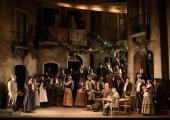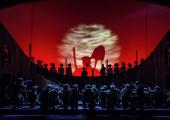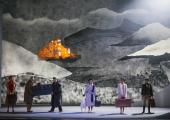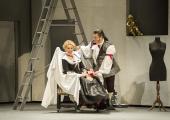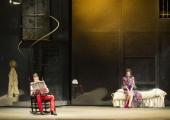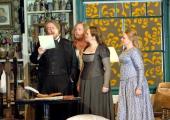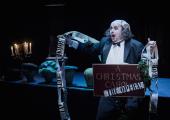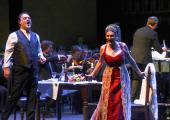Prom 25: Gerhardt, Komlósi, Relyea, RPO, Dutoit
The power of quiet in two middle-European masterpieces
"Let the song speak, I pray," exhorts the Bard in the Prologue to Duke Bluebeard’s Castle, "Listen in silence." This was a night for leaning in and listening closely, despite the large forces arrayed on stage for Dvořák’s Cello Concerto and Bartók’s opera.


